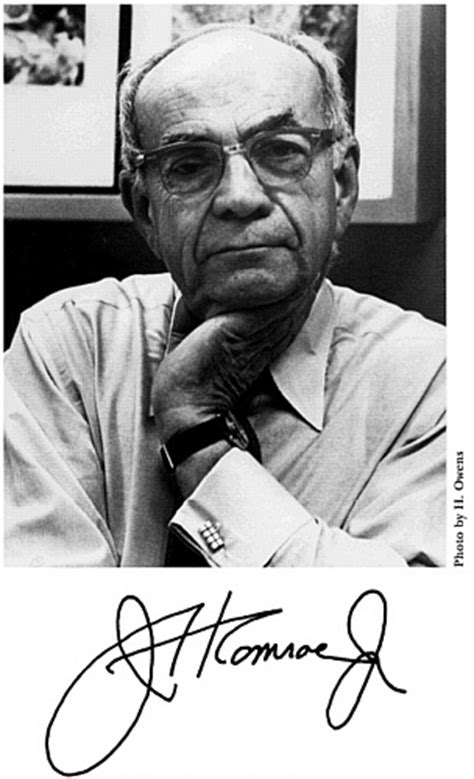A Quote by William J. Clinton
In science, if the last 50 years were the age of physics, the next 50 years will be the age of biology.
Related Quotes
Without investments in research and science that will create the next Apple, create the next new innovation that will sell products around the world, we will lose. If we're not training engineers to make sure that they are equipped here in this country, then companies won't come here. Those investments are what's going to help to make sure that we continue to lead this world economy not just next year, but 10 years from now, 50 years from now, a hundred years from now.
The biggest breakthrough in the next 50 years will be the discovery of extraterrestrial life. We have been searching for it for 50 years and found nothing. That proves life is rarer than we hoped, but does not prove that the universe is lifeless. We are only now developing the tools to make our searches efficient and far-reaching, as optical and radio detection and data processing move forward.
If you're 50 years old or younger, give every book about 50 pages before you decide to commit yourself to reading it, or give it up. If you're over 50, which is when time gets shorter, subtract your age from 100 - the result is the number of pages you should read before deciding whether or not to quit. If you're 100 or over you get to judge the book by its cover, despite the dangers in doing so.
There are 11 states in the United States that in the last 50 years instituted an income tax. So I looked at each of those 11 states over the last 50 years, and I took their current economic metrics and their metrics for the five years before they put in the progressive income tax... Every single state that introduced a progressive income tax has declined as an overall share of the U.S. economy.
































